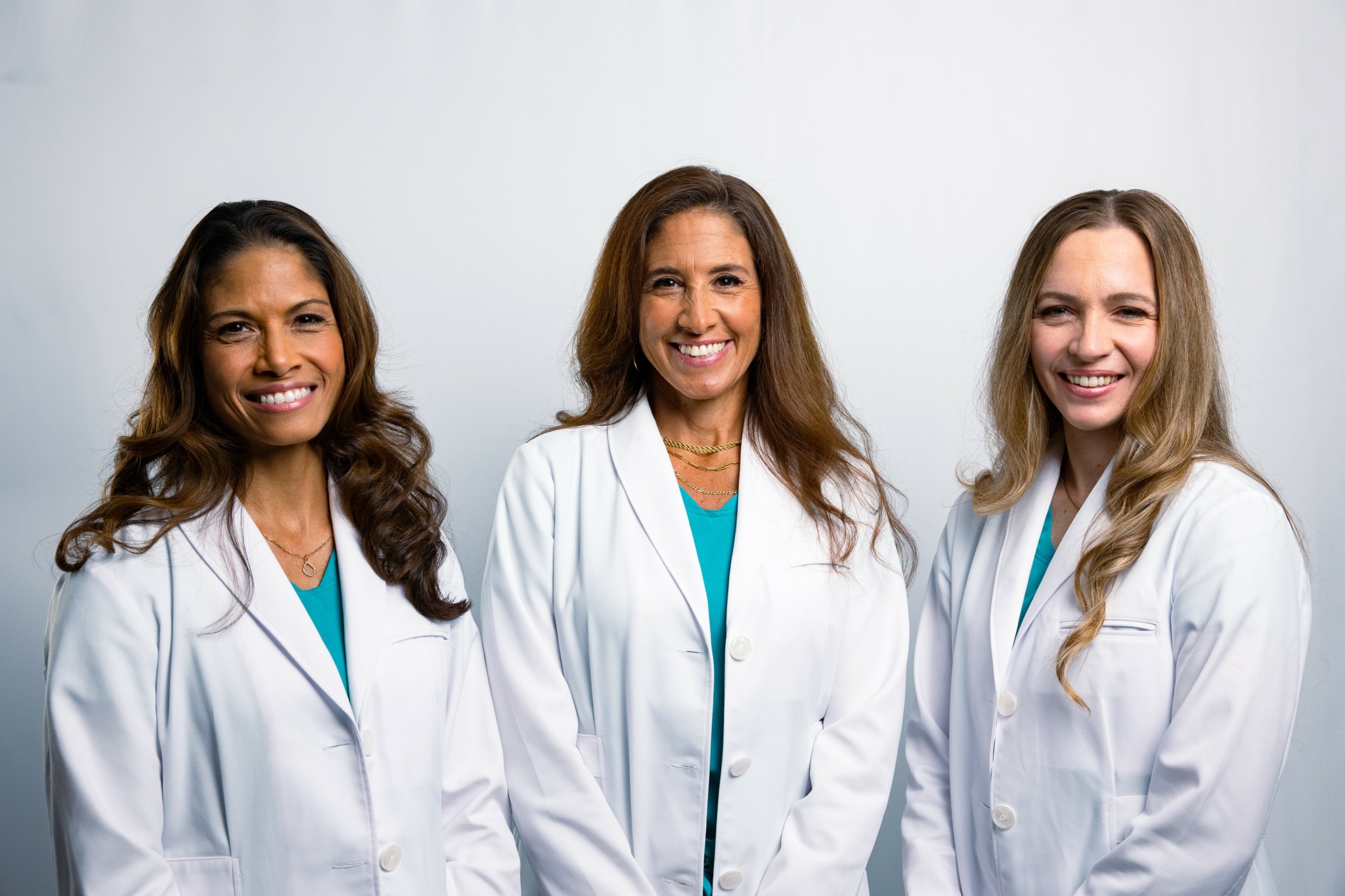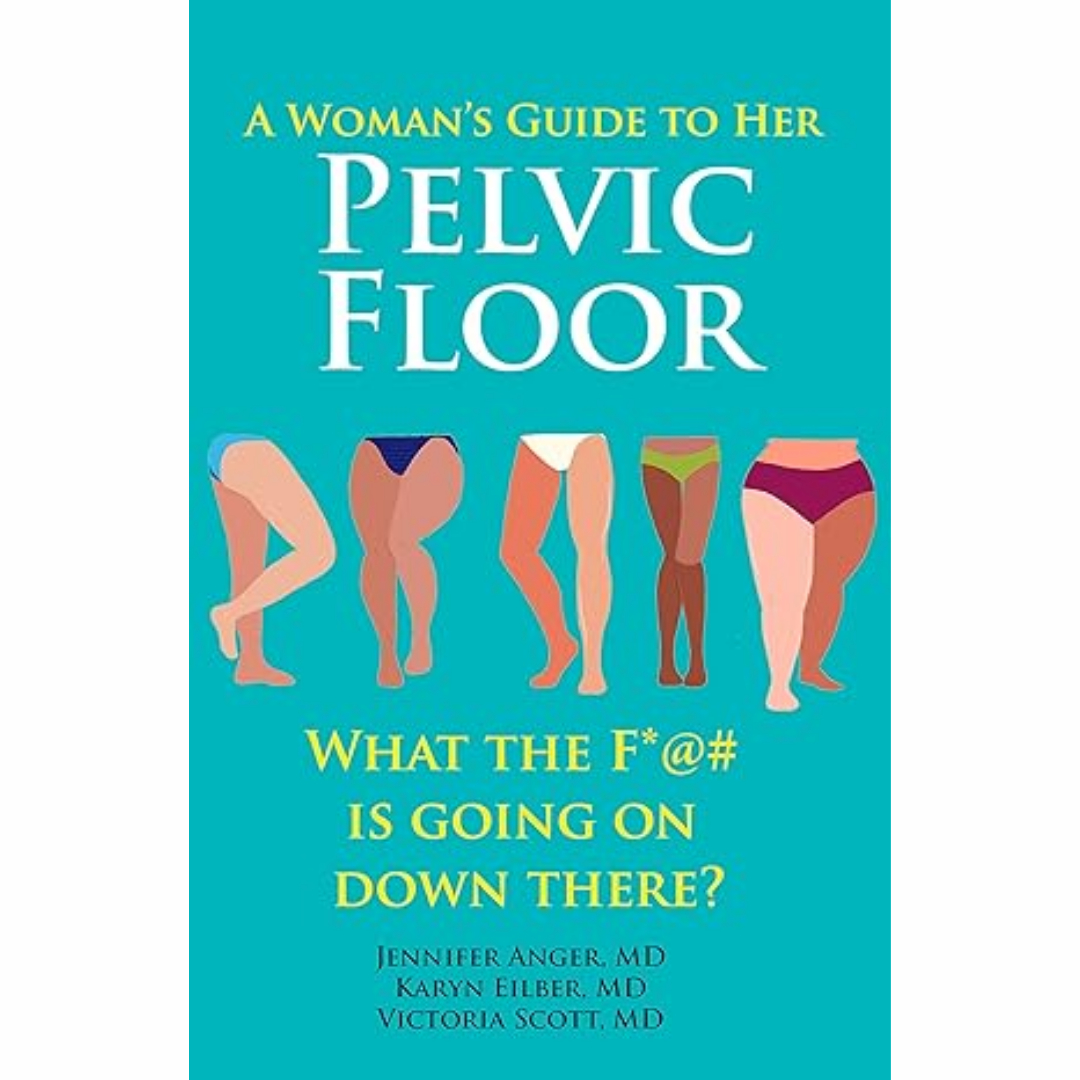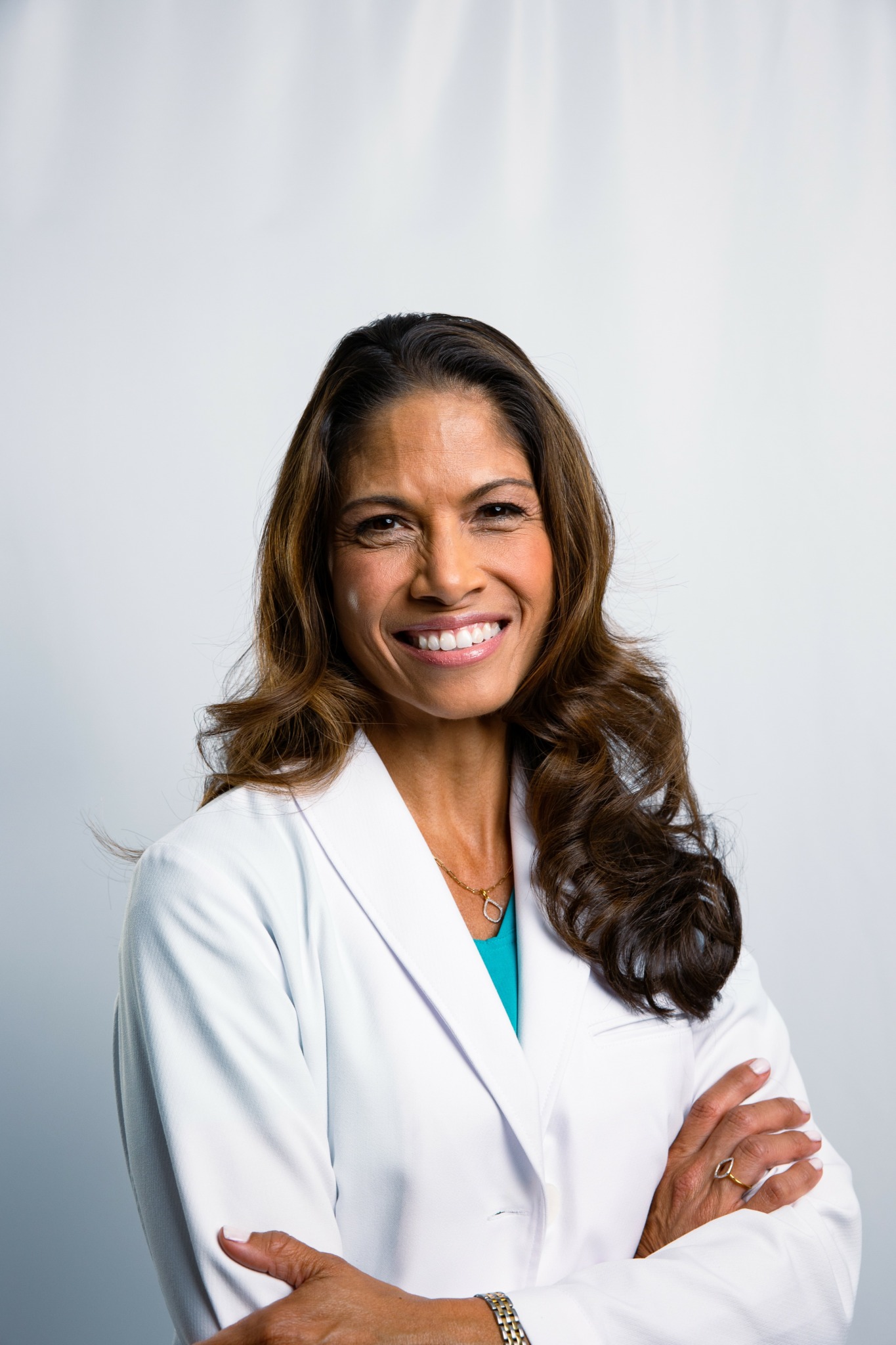We caught up with the brilliant and insightful Karyn Eilber a few weeks ago and have shared our conversation below.
Alright, Karyn thanks for taking the time to share your stories and insights with us today. Was there a defining moment in your professional career? A moment that changed the trajectory of your career?
While not an isolated defining moment, a culmination of moments changed the focus of my practice to include female sexual health and menopause (hormone therapy). About ten years ago, when I had been in practice about the same amount of time, the inequities between men and women’s health care, specifically sexual and hormonal health, became very apparent to me. I am a board-certified urologist and urogynecologist, and I naively assumed that gynecologists routinely addressed hormone therapy and sexual health with their patients like urologists do for men. After being in practice for a while, I realized that most women were not asked about their sexual health, and women were also just expected to tolerate their perimenopausal and menopausal symptoms–or even worse, a woman was doing well on hormones, and she was told she had to stop because “it was time.” As a pelvic floor surgeon, I would be remiss if I didn’t address all pelvic floor functions including sexual function. In order to do this, I realized that I would need to start managing hormones, so I became a certified menopause practitioner. My decision to start addressing sexual and menopausal health was reinforced by learning that only about 1/3 of ob-gyn training programs have menopause education as part of their curriculum, and 40-50% of women experience some type of sexual dysfunction.

Awesome – so before we get into the rest of our questions, can you briefly introduce yourself to our readers.
When I started medical school, I had no idea what type of doctor I wanted to be, but when I did an ob-gyn rotation I realized that I really enjoyed taking care of women…but I also realized I didn’t like the unpredictability of obstetrics! I then did a urology rotation and learned that I could be a urologist but still focus on women’s health as a urogynecologist. In general, women put everyone else ahead of themselves, so I love helping a woman take care of herself. Treating a woman’s incontinence, prolapse (like a “falling bladder”), sexual dysfunction, or hormonal imbalance not only improves her health, but it also improves her quality of life. I think what sets me apart is that as a surgeon, certified menopause practitioner, mother by assisted reproduction, spouse, and woman of a certain age, I not only can treat almost any pelvic floor issue but I can empathize with what most of my patients are experiencing.
In my over 20 years of practice, I am proud of all the trainees that includes the hundreds of medical students, residents, and fellows who I have shown how important and satisfying it is to improve a woman’s quality of life by restoring her pelvic health and sexuality.
I am especially proud of the research I have been involved in that includes use of vibrators to improve pelvic health
https://pubmed.ncbi.nlm.nih.gov/38668760/ and writing an easy to read book for women with my colleagues, Dr. Jennifer Anger and Dr. Victoria Scott, regarding their pelvic floor health: A Woman’s Guide to Her Pelvic Floor: What the F*@# is Going On Down There?
…also proud of helping formulate @femetry supplements for chronic bladder pain symptoms–another “orphan” condition like sexual dysfunction that few doctors have interest in.
Do you think you’d choose a different profession or specialty if you were starting now?
If I went back in time, I would 100% choose the same profession. There are not a lot of urogynecologists to serve hundreds of thousands of women with pelvic floor issues, and I love being able to help women with their most intimate issues.

Training and knowledge matter of course, but beyond that what do you think matters most in terms of succeeding in your field?
I think being a patient is the best lesson for succeeding as a physician. I was relatively young when I had to deal with infertility, and it was such a hard but important lesson for me: even the most reasonable person can become “crazy” when they have medical issues because you feel like you have no control. After dealing with that, I had much more empathy for my patients.
Contact Info:
- Linkedin: Karyn Eilber



